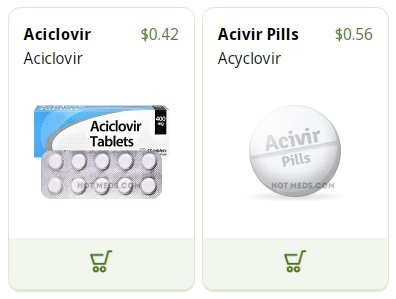Understanding and Treating Genital Herpes
Introduction
Genital herpes is a common sexually transmitted infection (STI) caused by the herpes simplex virus (HSV). It affects millions of people worldwide and can have a significant impact on both physical and emotional well-being. In this article, we will explore genital herpes, its causes, symptoms, and available treatment options.
Understanding Genital Herpes
Genital herpes is primarily caused by two types of herpes simplex viruses: HSV-1 and HSV-2. While HSV-1 is typically associated with oral herpes (cold sores), HSV-2 is responsible for most cases of genital herpes. It is spread through sexual contact, including vaginal, anal, or oral sex, as well as through skin-to-skin contact in the genital area.
Symptoms
Genital herpes can manifest in various ways, but common symptoms include:
Painful Sores: The hallmark of genital herpes is the development of painful, fluid-filled sores or blisters in the genital or anal area. These sores can break open, ooze, and then crust over.
Itching and Burning: Patients often experience itching, burning, or tingling sensations in the affected area before the appearance of sores.
Flu-Like Symptoms: Some individuals may develop flu-like symptoms, such as fever, headache, muscle aches, and swollen lymph nodes during their first outbreak.
Recurrence: After the initial outbreak, the virus remains dormant in the body's nerve cells. Periodically, it can reactivate, leading to recurrent outbreaks, although they tend to be less severe over time.
Treatment Options
While there is no cure for genital herpes, several treatment options can help manage symptoms and reduce the frequency of outbreaks:
Antiviral Medications: Antiviral drugs like acyclovir, valacyclovir, and famciclovir can help shorten the duration of outbreaks, reduce their severity, and decrease the frequency of recurrence. These medications are typically prescribed by a healthcare provider.
Pain Relief: Over-the-counter pain relievers, such as ibuprofen or acetaminophen, can help alleviate discomfort and pain associated with genital herpes sores.
Topical Creams: Some topical creams containing numbing agents or antiviral medications can provide relief from itching and discomfort.
Safe Sexual Practices: Consistently using latex or polyurethane condoms during sexual activity and avoiding sexual contact during active outbreaks can help prevent the spread of genital herpes to partners.
Lifestyle Management: Managing stress, maintaining a healthy diet, and getting enough rest can help reduce the frequency of outbreaks.
Prevention
The best way to prevent genital herpes is to practice safe sex, including the use of condoms or dental dams during sexual activity. It's also essential to communicate openly with sexual partners about your STI status. If you or your partner has genital herpes, antiviral medication can help reduce the risk of transmission.
Conclusion
Genital herpes is a prevalent STI that can have a substantial impact on those affected. While there is no cure, various treatment options can help manage symptoms and reduce the frequency of outbreaks. Prevention through safe sex practices and open communication with sexual partners is crucial in minimizing the spread of this infection. If you suspect you have genital herpes or have questions about prevention and treatment, consult a healthcare provider for guidance and support.
Last updated
